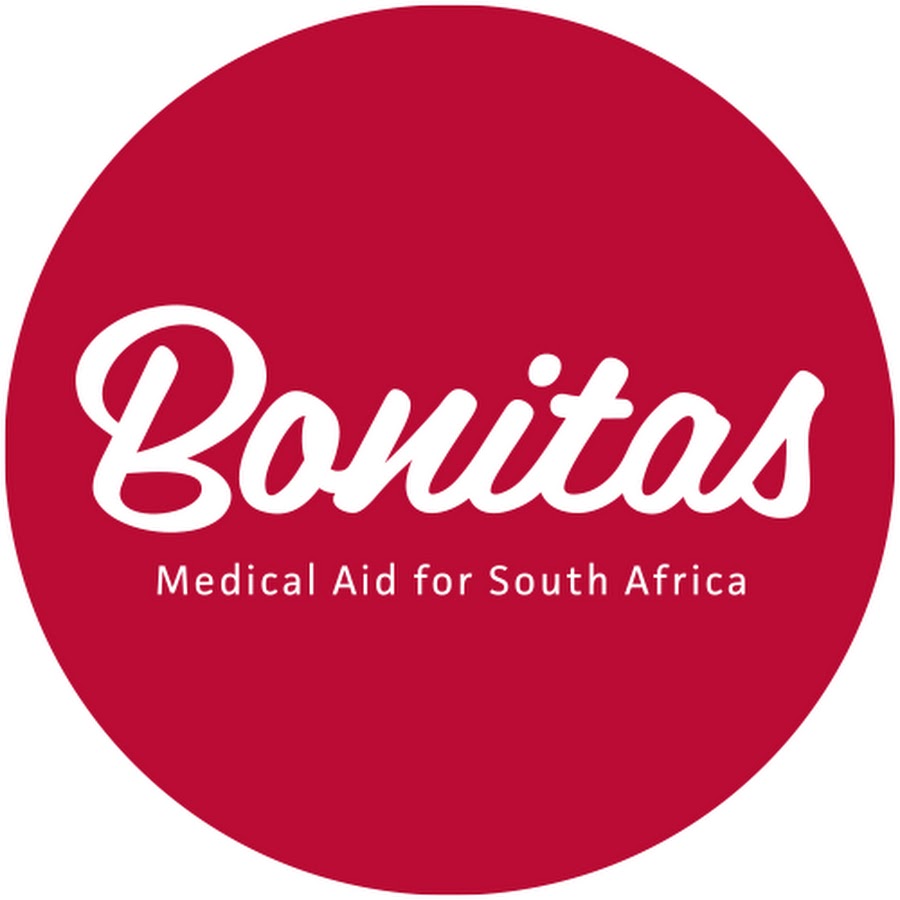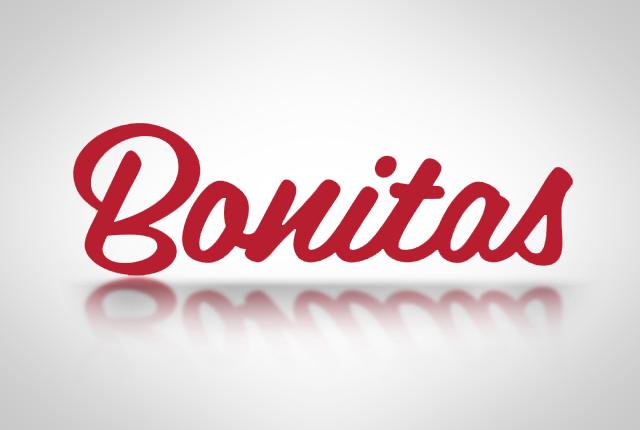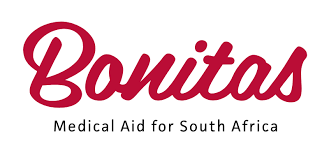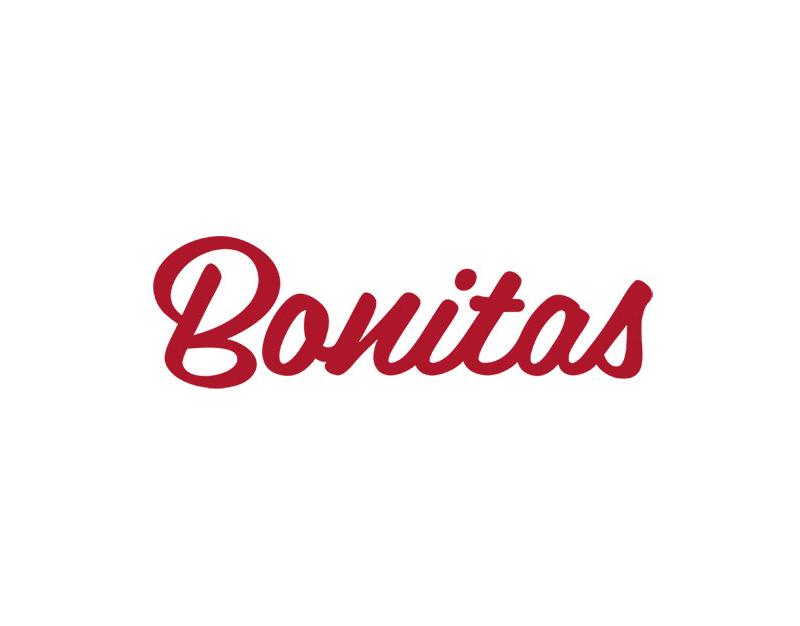Does your medical aid provide adequate coverage for professional addiction rehabilitation and prescribed minimum benefits?
Medical Aid Coverage For Addiction Rehabilitation In South Africa
 Addiction to alcohol and other substances is a complex disease that requires professional treatment. Fortunately, if you’re asking, “Does Bonitas Medical Aid cover addiction rehabilitation?” Yes, they do! Call us for pre-auth now.
Addiction to alcohol and other substances is a complex disease that requires professional treatment. Fortunately, if you’re asking, “Does Bonitas Medical Aid cover addiction rehabilitation?” Yes, they do! Call us for pre-auth now.
Key Take-Aways
- Prescribed Minimum Benefits (PMBs): Addiction treatment falls under Prescribed Minimum Benefits, meaning medical aids are legally required to offer 21 days of inpatient detoxification and rehabilitation.
- Inpatient Treatment: Bonitas covers a portion of the total cost of inpatient treatment at an accredited rehabilitation facility. There will be a co-payment dependent on your plan.
- Outpatient Treatment: Some Bonitas plans may cover outpatient treatment such as therapy sessions, support groups, and medication management.
- Co-payments: You may be responsible for a co-payment or a percentage of the treatment costs out of pocket, even if your plan covers the treatment.
- Annual/Lifetime Limits: The maximum financial limit on addiction treatment coverage per year is usually 21 days annually.
Finding Treatment Centres
Bonitas typically partners with a network of accredited rehabilitation centres. Sometimes, these centres are on the cheaper end of the scale, and you might want a better-quality rehabilitation clinic. Call us today at 081-444-7000, and we’ll get your pre-auth and tell you exactly how much your co-pay will be for high-quality, dual-diagnosis treatment at Changes Addiction Rehab.
It’s essential to choose a centre that specialises in addiction treatment and addresses any co-occurring mental health conditions.
 The Authorisation Process
The Authorisation Process
- Pre-authorisation: Bonitas plans require pre-authorisation for addiction treatment. This involves providing us with your medical aid details, and we’ll call Boniats with our clinic and doctors’ practice numbers for pre-authorisation. There is no medical necessity for documentation from your doctor or an assessment by a specialist.
- Mental Health Programme: Bonitas pays for Changes Addiction Rehab due to our licensed dual diagnosis, and comprehensive care.
Important Notes
- Your specific plan benefits: Your Bonitas medical aid plan must be up to date. When we verify your benefits, pre-authorisation will fail if your policy is not current.
- Changing policies: Medical aid policies can change, but as addiction is a PMB, it’s almost always covered. Even if you switch from one medical aid to another, if the coverage has been seamless, you should be OK.
Does Bonitas Cover Addiction Rehabilitation?
Understanding Bonitas Medical Aid and the Types of Addiction Rehabilitation Services Covered. Bonitas Medical Aid knows that addiction has varying degrees and depths. So, they cover a spectrum of services, from inpatient treatment to outpatient programs, therapy sessions, and aftercare support. In this regard, Bonitas members must be familiar with the rehab services they engage in and what may not be covered.
Choosing a Rehabilitation Clinic
 Navigating the market and finding a comprehensive rehab can seem daunting. Look for a licensed rehab centre that employs HPCSA professional staff (Health Professionals Council of South Africa) and offers a dual-diagnosis programme.
Navigating the market and finding a comprehensive rehab can seem daunting. Look for a licensed rehab centre that employs HPCSA professional staff (Health Professionals Council of South Africa) and offers a dual-diagnosis programme.
A high percentage of addicts and alcoholics have co-morbidity or a dual diagnosis. This means they have an addiction and a mental health condition such as depression, anxiety, ADHD, or bipolar.
Without addressing the patient’s needs comprehensively, the probability of stable, long-term recovery is reduced.
Success Stories and Testimonials
Changes Addiction Rehab has successfully treated hundreds of Bonits medical aid patients. On average, we have 8 Bonitas patients in treatment per month. We know how to pre-auth quickly and effectively and are the best rehab in Johannesburg, Gauteng. Call us for help on 081-444-7000.
 FAQs
FAQs
- How do I know if my Bonitas plan covers addiction rehabilitation? Call us today!
- Can I access rehabilitation services without a referral from a doctor? No referral letter is needed.
- Are there limits to the duration of covered rehabilitation services? Yes, Bonitas usually covers 21 days of inpatient rehab.
- What types of addiction are covered under Bonitas Medical Aid? Chemical dependency. Process addictions like eating disorders or gambling need to be treated at a psychiatric hospital.
- How does Bonitas Medical Aid determine the necessity for addiction rehabilitation? Our assessment is sufficient.
Conclusion
Navigating the path to recovery from addiction is challenging yet essential. Bonitas Medical Aid pays for Changes Addiction Rehab services that offer hope and help. Individuals can make informed decisions towards sobriety and wellness with a strong understanding of the details, coverage, eligibility, and how one accesses services.






